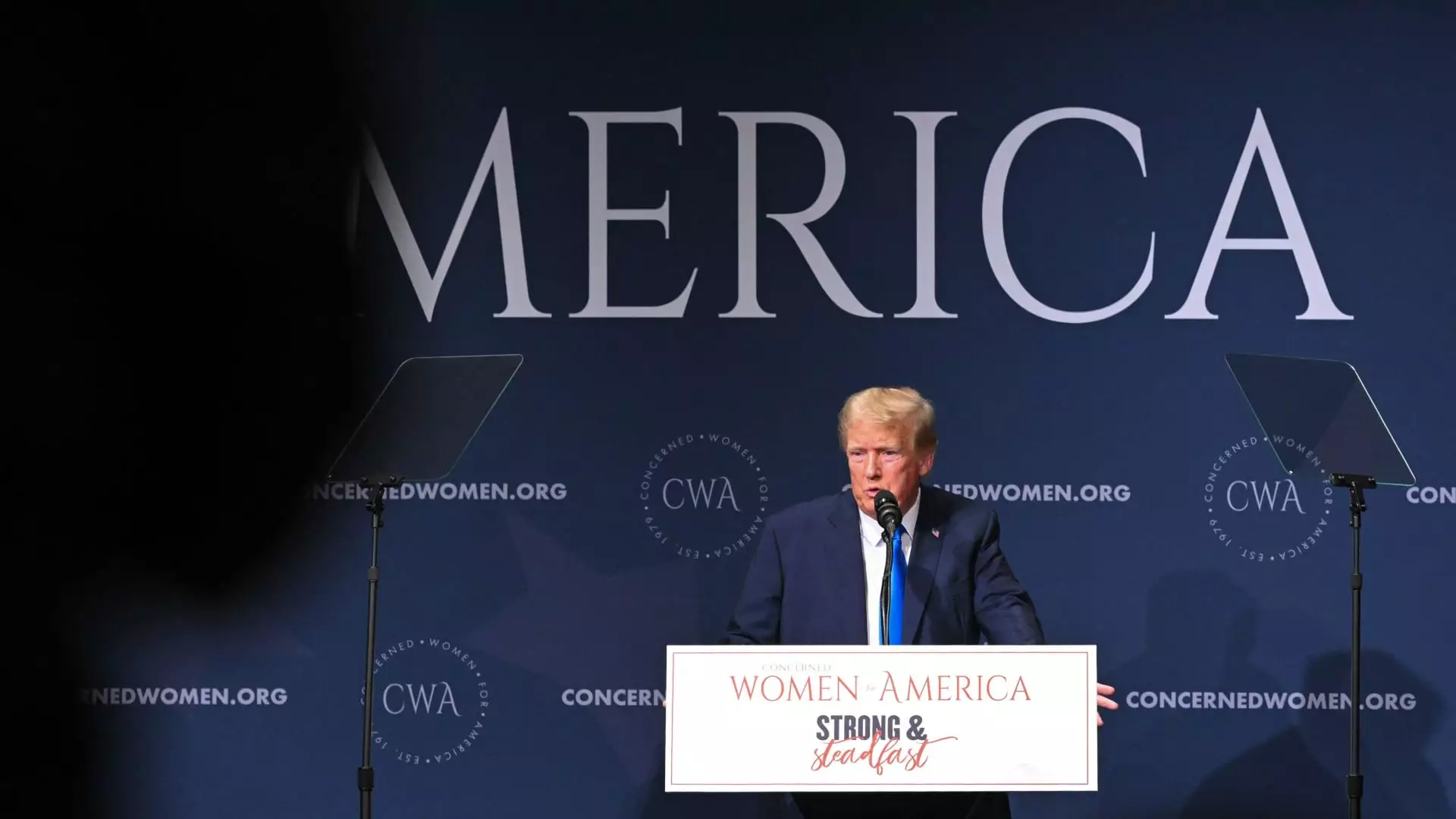In a stunning turn of events, an IRS consultant finds himself at the center of a national scandal. Charged with wrongfully disclosing tax return information, Charles Littlejohn, a government contractor, stands accused of leaking the tax returns of former President Donald Trump, as well as those of thousands of wealthy individuals spanning over 15 years. This breach of trust has sent shockwaves through the nation.
A Revealing Revelation
The leaked tax return information, which according to a trusted source, belonged to none other than Donald Trump, was disclosed to two unnamed news organizations by Littlejohn between 2018 and 2020. The scope of the breach is truly staggering, encompassing not only the records of a public official but also those of countless affluent individuals. This revelation has raised serious concerns about the security and privacy of sensitive financial information.
While the charges against Littlejohn are grave, the Justice Department has yet to provide an official comment on the matter. This silence leaves many questions unanswered and the public craving for further clarification. The lack of immediate response from the government agency responsible for upholding the law and protecting confidential information only adds to the sense of unease surrounding this case.
The Fallout
If convicted, Littlejohn faces a maximum sentence of five years in prison for his unauthorized disclosure of tax returns and return information. This serves as a stark reminder of the legal consequences that come with breaching the trust bestowed upon individuals who have access to such sensitive data. The gravity of the situation cannot be overstated, as the public loses faith in the safeguarding of their personal financial information.
An Imperiled Reputation
The damning nature of this scandal has far-reaching implications, not only for Littlejohn but also for the IRS as an institution. When instances like this occur, it erodes the public’s trust in the very organizations established to protect their interests. The breach of trust committed by Littlejohn taints the reputation of the IRS and calls into question the integrity and security of its operations.
This incident should serve as a wake-up call for the IRS and prompt a thorough review of its security protocols and procedures. With the protection of sensitive taxpayer information entrusted to its care, it is essential that the IRS take swift and decisive action to rectify any vulnerabilities. This scandal highlights the urgent need for enhanced safeguards and measures to prevent such breaches in the future.
An Unforgivable Betrayal
The unauthorized disclosure of tax return information is a betrayal of the highest order. It undermines the integrity of the tax system and compromises the privacy and trust of individuals. The impact of this breach reverberates far beyond the leaked tax returns of one public official, serving as a stark reminder of the potential vulnerability of all taxpayers’ information in an increasingly digital world.
The charges brought against Charles Littlejohn for disclosing tax returns illegally have sent shockwaves through the nation. The breach of trust committed by an IRS consultant has exposed fundamental flaws in the system designed to protect sensitive taxpayer information. As the fallout from this scandal unfolds, it should serve as a catalyst for reform and a renewed commitment to safeguarding the privacy and security of every taxpayer’s vital financial information.


Leave a Reply